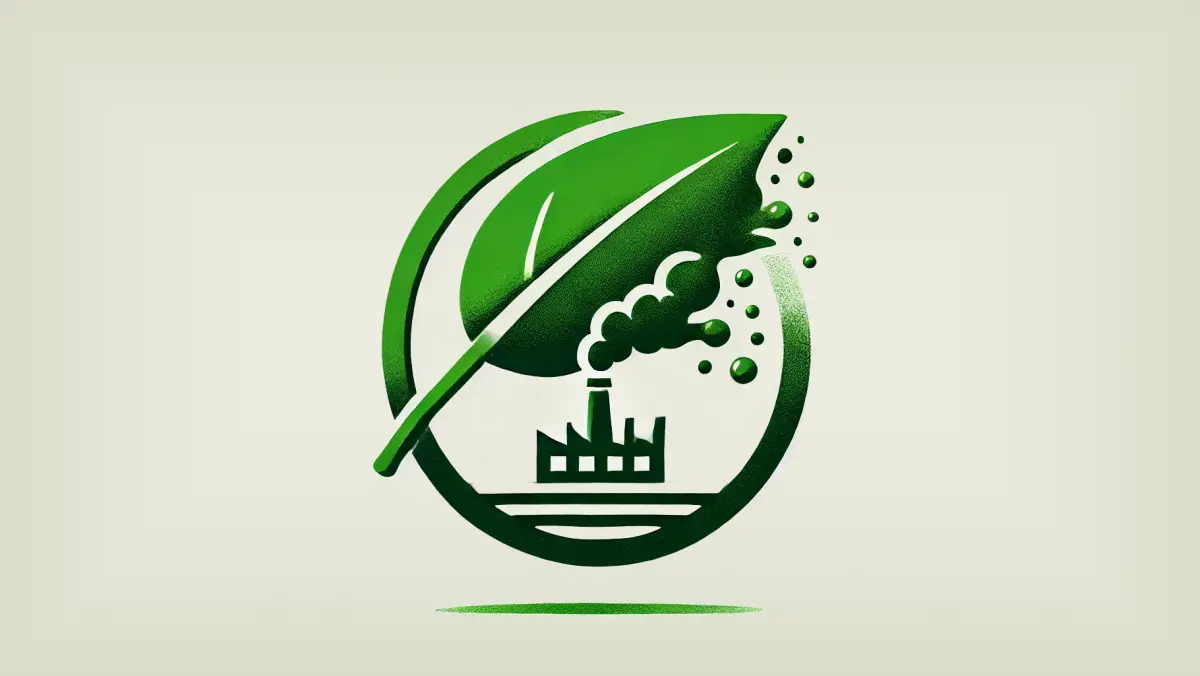It’s not uncommon to see product labels or corporate communication where greenwashing is on blatant display. In fact, a 2020 study from the Commission found over 50% of environmental claims made in the EU to be vague, misleading, or unsubstantiated. Most of us have seen an “eco-friendly” label or made a purchasing decision based on a “greener” claim so it’s no wonder why greenwashing is so prevalent.
On the other hand, companies that provide no information about their sustainability efforts can be just as disingenuous. The fear of labeling or reporting leads to a lack of information, or greenhushing. A South Pole report showed that companies are intentionally decreasing their communication around their climate goals. In recent years, there has been increased scrutiny and confusion around the corporate pathway to net zero.
Increased knowledge and awareness from the public has brought more negative attention to companies that participate in greenwashing or greenhushing. Public shaming or withholding investments are not the only risks, companies also need to start complying with current and upcoming regulations and directives.
What is greenwashing
Greenwashing is a term used to describe the practice of companies overstating or falsifying their sustainability efforts. This can be done through advertising, public statements, on-pack labeling, or other forms of marketing that suggest environmental responsibility, while the actual business practices don’t align with those claims.
Example Claim: Product is made of 100% eco-friendly material and is carbon neutral.
Explanation: “100%” implies every part of the product and doesn’t specify the life-cycle. “Eco-friendly” implies that that there is an environmental net positive. “Carbon neutral” implies no carbon emissions were produced in the manufacturing of the product; most carbon neutral claims are the result of offsetting.
What is greenhushing
Greenhushing refers to the practice where companies or organizations under-report or deliberately downplay their sustainability efforts.
Example: Company A is taking efforts to reduce overall carbon emissions but is not publicly communicating such efforts.
Explanation: Failing to communicate sustainability efforts often revolves around climate action and net zero commitments, but is not limited to these topics.
EU legislation is targeting both greenwashing and greenhushing
Green Claims and Consumer Protection Directives
New EU rules on empowering consumers for the green transition. The legislation aims to tackle unfair commercial practices that mislead consumers through greenwashing and misleading environmental claims. The Directives cover areas to ban:
- Generic environmental claims on products without proof
- Claims that a product has a neutral, reduced or positive impact on the environment because the producer is offsetting emissions
- Sustainability labels that are not based on approved certification schemes or established by public authorities
Corporate Sustainability Reporting and Due Diligence Directives
The Directives seek to promote responsible business practices and sustainable development by requiring companies to identify, prevent, mitigate, and account for potential and actual adverse impacts on human rights and the environment throughout their operations and value chains. Reporting requirements will account for areas like:
- Annual reporting of the company’s business model, policies, risks, and key performance indicators related to sustainability and due diligence matters
- Reporting on environmental, social, and governance factors set by the European Commission
- Making the sustainability report available to the public
Conclusion
Greenwashing is the result of companies overselling “green” components or commitments of their product or business while greenhushing is an extreme response, by staying quiet on “green” topics so as not to be accused of greenwashing. Companies can avoid these pitfalls by ensuring transparency in their marketing and communication strategies. Current and planned EU legislation set requirements that will make it an even playing field, which hopefully, is something that companies can benefit from. And as consumers become more knowledgeable and regulations more stringent, transparency will become a key differentiator in the marketplace.
